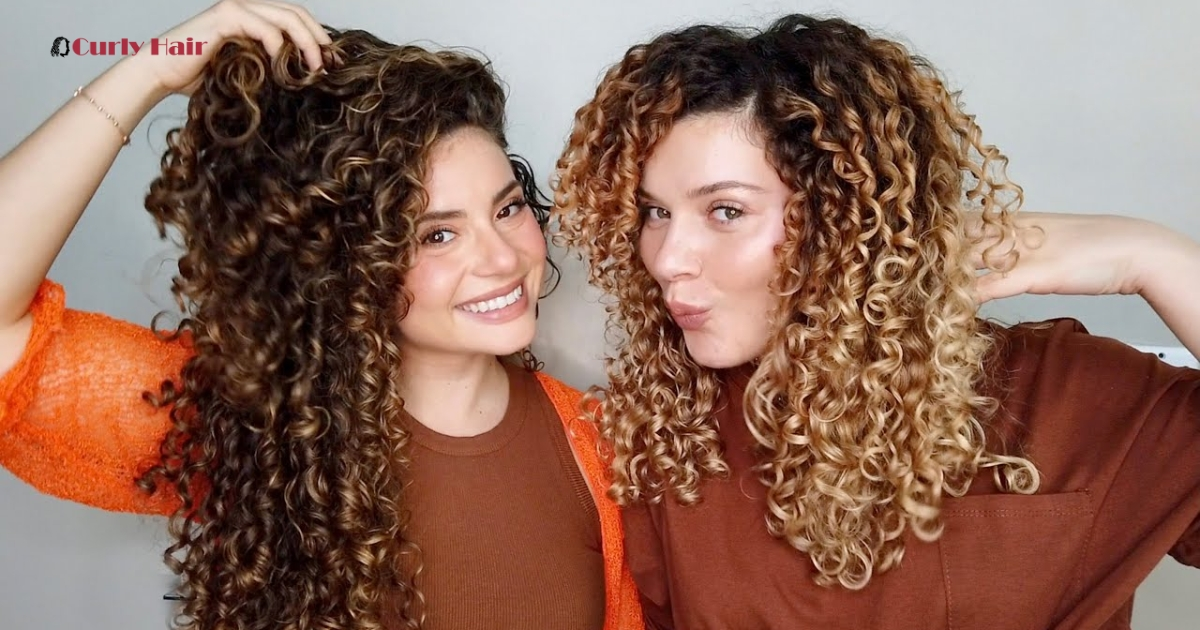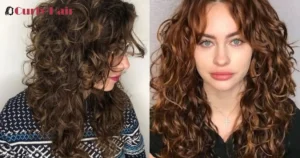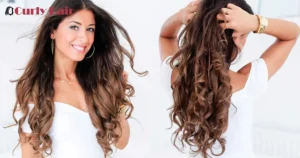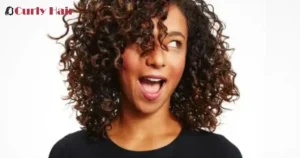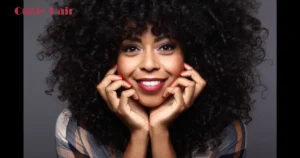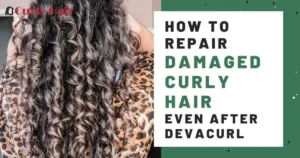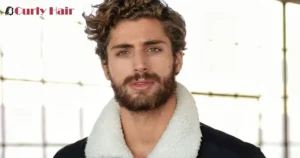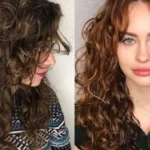Curly hair often possesses a unique charm and personality, but it can be prone to specific issues, including thinning. Understanding how to stop curly hair from thinning is crucial for maintaining healthy hair. In this article, we will explore effective strategies to prevent curly hair from thinning without breaking the bank.
Key Takeaways
- Familiarize yourself with the hair growth cycle to better understand the causes of thinning hair and bald spots.
- Maintain a consistent hair care routine by using sulfate-free shampoos, deep conditioning treatments, and avoiding harsh chemicals.
- Regular scalp massages can enhance blood circulation, revitalizing hair follicles and supporting healthy hair growth.
- If you experience persistent thinning hair, consider consulting a dermatologist or trichologist for personalized advice and treatment options.
Understanding Hair Thinning
Losing hair can be frustrating and concerning. It’s essential to grasp the basics of the hair growth cycle to understand why thinning hair occurs. The hair growth cycle consists of three phases: anagen (growth), catagen (transition), and telogen (resting phase). During the anagen phase, hair follicles actively grow for several years. Managing curly hair dry issues can also affect overall hair health and contribute to thinning.
In the catagen phase, which lasts a few weeks, the hair follicle transitions and begins to shrink. Finally, in the telogen phase, also known as the resting phase, hair growth halts, and shedding occurs. If your hair follicles are not producing new hair quickly enough, you may experience noticeable thinning.
Understanding the roles of hair follicles in this cycle is crucial. Healthy hair follicles contribute to robust hair growth. However, various factors, such as genetics, stress, and environmental influences, can impact this cycle, leading to hair loss and thinning hair.
Natural Remedies for Thinning Hair
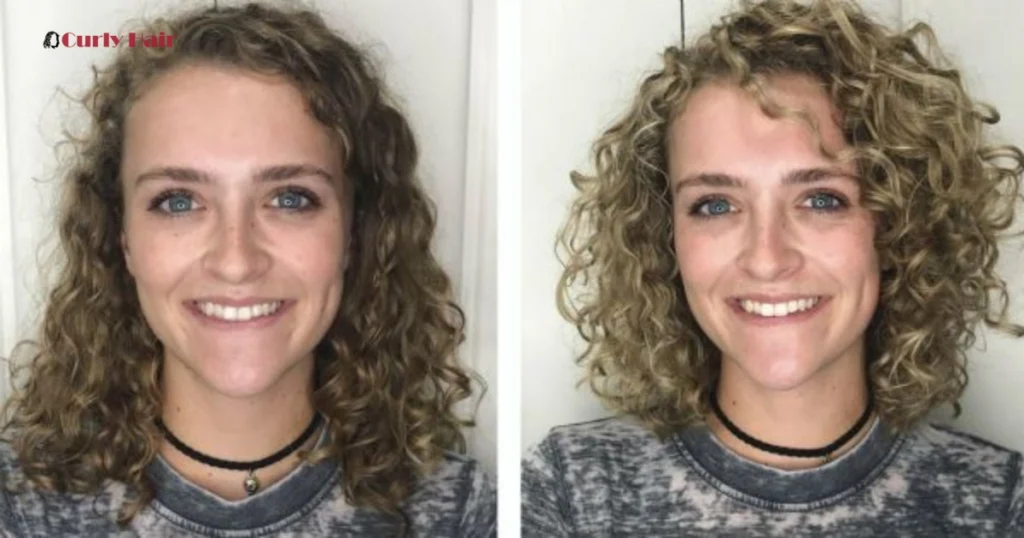
When it comes to addressing thinning hair, many natural remedies can help. These methods are not only affordable but also gentle on your curls.
Essential Oils for Thicker Hair
Essential oils are a fantastic way to promote hair growth and improve the health of your curls. Oils like rosemary, lavender, and peppermint have been shown to stimulate hair follicles, encouraging thicker hair growth.
Rosemary Oil: Known for improving circulation to the scalp, it can help revitalize hair growth.
Lavender Oil: This oil possesses calming properties that can help reduce stress, indirectly promoting healthier hair.
Peppermint Oil: It provides a cooling sensation and increases blood flow, which can stimulate hair follicles.
How to Use: Mix a few drops of your chosen essential oil with a carrier oil, such as coconut or olive oil, and massage it into your scalp. Leave it on for at least 30 minutes before washing it out.
DIY Hair Masks
Homemade hair masks can work wonders for curly hair. They nourish the hair and scalp, leading to healthier strands.
Avocado and Olive Oil Mask: Avocados are rich in vitamins and healthy fats, while olive oil provides moisture. Blend one ripe avocado with two tablespoons of olive oil and apply it to your hair. Leave it on for 30 minutes before rinsing.
Egg and Honey Mask: Eggs are packed with protein, essential for thicker hair. Mix one egg with two tablespoons of honey, apply it to your hair, and let it sit for 20 minutes before washing out.
Scalp Massages
Regular scalp massages can improve circulation, helping to revitalize hair follicles and promote hair growth.
Technique: Use your fingertips to apply gentle pressure in circular motions. Aim for at least 5 to 10 minutes a day to see results.
Effective Hair Care Practices
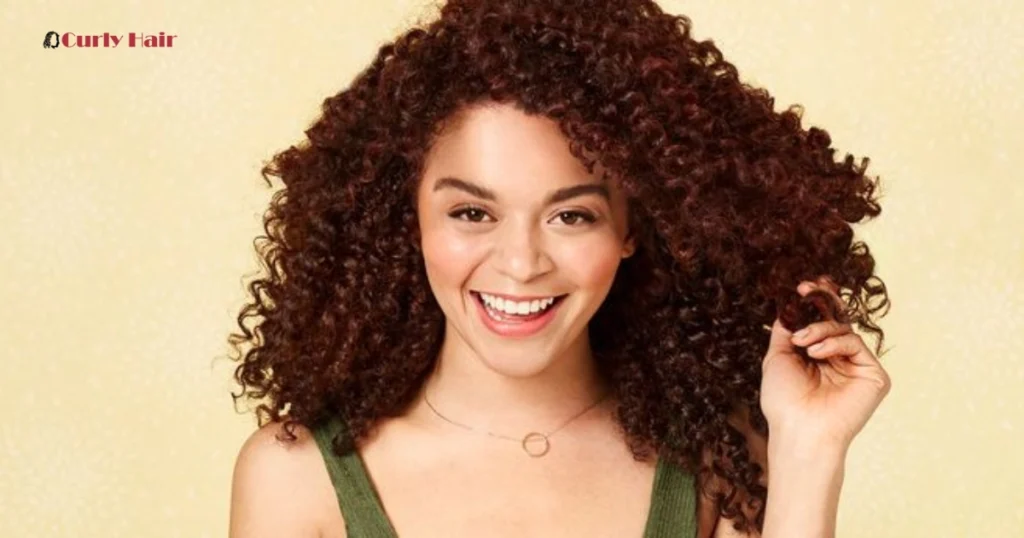
Implementing a proper hair care routine is vital for preventing curly hair from thinning. Consistent daily hair care routines tailored for curly hair can help maintain moisture and prevent breakage. Opt for sulfate-free shampoos to avoid stripping your hair of its natural oils, and try washing your hair no more than twice a week. Regular deep conditioning treatments keep your curls hydrated and reduce breakage.
It’s also crucial to avoid harsh chemicals in your hair products. Using alcohol-free products can help prevent dryness while applying heat protectants can safeguard your hair from damage when using styling tools. Hydration is essential for healthy hair, as curls tend to be drier than straight hair. Incorporating leave-in conditioners and hair oils like argan or jojoba oil can help lock in moisture and prevent frizz.
Addressing Bald Spots and Thinning Hair
Experiencing bald spots can be distressing, but there are ways to manage and improve the situation. If you have noticeable bald spots, consider using colored hair fibres to fill in thinning areas. These products adhere to existing hair, creating a fuller appearance. You can also change your hair part to cover areas where hair loss is noticeable.
For those looking to achieve thicker hair, layered haircuts can give the illusion of volume and fullness. Similarly, braids can help disguise thinning areas while protecting them from breakage. If you’re concerned about persistent hair loss or thinning hair, consulting a dermatologist or trichologist may be beneficial. They can help identify the underlying cause and recommend treatments tailored to your needs.
Lifestyle Changes for Better Hair Health

Making positive lifestyle changes can significantly impact the health of your hair. A balanced diet rich in vitamins and minerals is essential for promoting hair growth. Incorporate protein-rich foods like eggs, fish, nuts, and legumes to support hair structure. Vitamins A, C, D, and E, along with B vitamins like biotin, play crucial roles in maintaining healthy hair.
Stress can also contribute to losing hair and exacerbating thinning hair. Practicing relaxation techniques such as mindfulness, meditation, or yoga can help reduce stress levels. Regular physical activity is another effective way to improve your overall well-being.
Frequently Asked Question
How to care for low-density & fine curly hair?
To care for low-density and fine curly hair, use lightweight products that provide moisture without weighing down the curls. Regular trims and gentle styling techniques help maintain volume and prevent breakage.
Does thin hair become curly?
Thin hair can appear curly if it has a natural wave or curl pattern. However, the thickness of hair does not change; it is primarily determined by genetics and hair health.
Why is my curly hair falling out so much?
Curly hair may fall out due to factors like hormonal changes, stress, or improper hair care practices. It’s important to assess your hair care routine and overall health to identify potential causes.
Conclusion
Preventing curly hair from thinning requires a combination of knowledge, care, and lifestyle adjustments. By understanding the hair growth cycle, incorporating natural remedies, and implementing effective hair care practices, you can maintain and enhance the health of your curls without spending a fortune.
In summary, learning how to stop curly hair from thinning involves consistency and the adoption of these strategies, which can lead to noticeable improvements in the strength and thickness of your hair. Embrace your beautiful curls, and give them the care they deserve!
